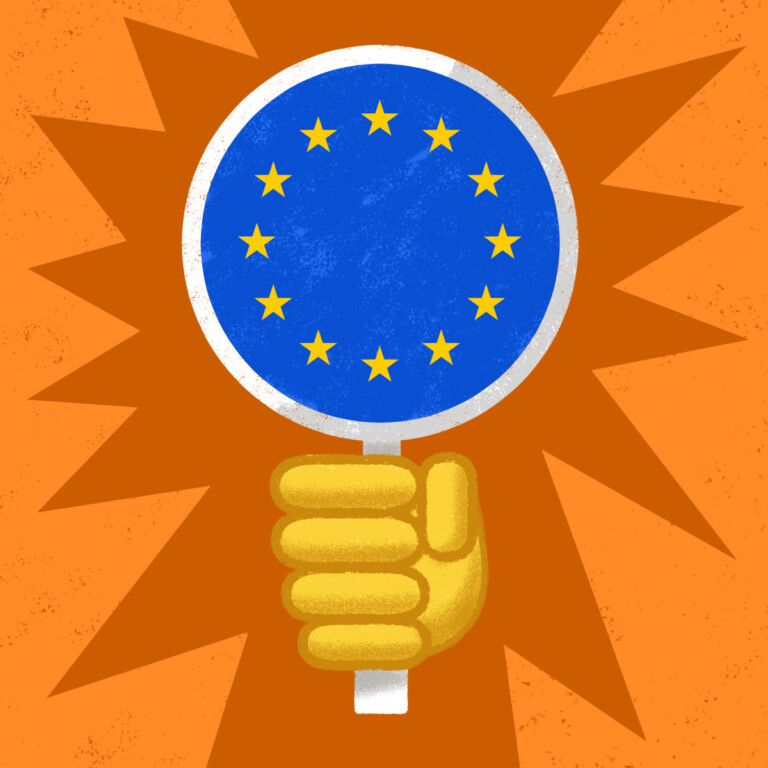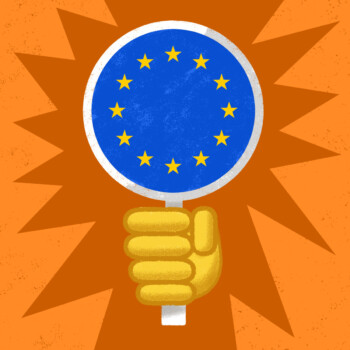In 2025, the European Union took a decisive step to strengthen its global leadership in the Life Sciences sector. With the European Commission’s communication (EUR-Lex – 52024DC0137) and the subsequent resolution of the European Parliament (REPORT on the future of the EU biotechnology and biomanufacturing sector: leveraging research, boosting innovation and enhancing competitiveness | A10-0123/2025), a comprehensive strategy is emerging to promote biotechnology and biomanufacturing as pillars of innovation, sustainability, and economic security.
This vision is not merely political—it is a concrete response to global challenges, from healthcare resilience to ecological transition, and industrial competitiveness. For those working in the medical sector, a new era of opportunity and transformation is unfolding
Investment and economic impact
The Commission highlighted that the biotech sector contributes €31 billion to the EU’s GDP and supports over 800,000 direct and indirect jobs. These figures, already significant, are part of a broader context: the life sciences ecosystem generates €1.5 trillion in economic activity and employs 29 million people across Europe
Beyond structural funds, programmes such as Horizon Europe and EU4Health continue to support innovative projects. For the 2024–2025 period, €350 million has been allocated to biomanufacturing and fermentation technologies. This sends a strong signal to developers of advanced medical solutions, who can now rely on a more innovation-friendly environment.
Research and innovation: closer to market
Europe is renowned for its academic excellence, yet it struggles to translate scientific discoveries into scalable industrial solutions. The strategy aims to strengthen technology transfer, support SMEs, and facilitate access to funding. The Parliament emphasizes the need for demonstration and industrial-scale production facilities to accelerate the commercialization of innovations.
For companies operating in the medical field, this means access to a more integrated ecosystem, where research does not stop at the lab but finds real market applications. Collaboration between universities, research centers, and industry will be essential to reduce the time-to-market for medical devices, advanced therapies, and digital health solutions.
Agile regulations and regulatory sandboxes
One of the main barriers for biotech and medical companies is the lengthy and complex authorization process, which puts European firms at a disadvantage. The Commission proposes expanding regulatory sandboxes—controlled environments where innovative technologies, products, services, or approaches can be tested under regulatory supervision for a limited time and scope. The Parliament calls for regulatory simplification and greater harmonization among Member States.
These tools are particularly relevant for developers of combination products, AI-based devices, or gene therapies, where regulation is often fragmented and slow to adapt. Sandboxes will allow for faster validation of solutions while maintaining high safety and efficacy standards.
Artificial Intelligence and biotechnology
AI is seen as a catalyst for biotech innovation, with applications in personalized medicine, diagnostics, and drug discovery. However, the Parliament highlights ethical risks and data protection concerns, stressing the need for a clear and responsible regulatory framework.
For professionals in the medical sector, this means operating in an environment where technological innovation must be accompanied by robust governance. Algorithm transparency, clinical validation, and personal data protection will be key to ensuring widespread adoption of AI-based solutions.
Bioeconomy and sustainability: a new frontier for healthcare
The strategy promotes the use of bio-based raw materials (biomass, recycled waste, biogenic CO₂) for the production of pharmaceuticals, medical devices, and healthcare materials. This approach not only reduces dependence on fossil fuels but also contributes to the EU’s climate goals and opens new opportunities for sustainable medical innovation.
Imagine biodegradable medical packaging or low-impact pharmaceutical manufacturing processes—these are no longer futuristic concepts but part of a concrete strategy. Sustainability becomes a competitive advantage as well as an ethical imperative.
An evolving ecosystem: vision and expertise required
The Parliament proposes the creation of an EU Biotech Act—a dedicated legislative framework for biotechnology and biomanufacturing. It calls for a clear and technology-neutral definition of biomanufacturing and better coordination among Member States to avoid regulatory fragmentation and duplication.
For companies, this means operating in a more predictable and harmonized environment, where rules are clear and innovation is encouraged. The European strategy is not just a statement of intent—it is a concrete action plan to build a competitive and resilient ecosystem.
Conclusion: a timely opportunity for responsible innovation
The European strategy for biotechnology and biomanufacturing is more than a policy—it is a call to action for researchers, innovators, and healthcare professionals. It offers a framework to:
- develop cutting-edge solutions
- navigate evolving regulations
- contribute to a sustainable and inclusive future.





